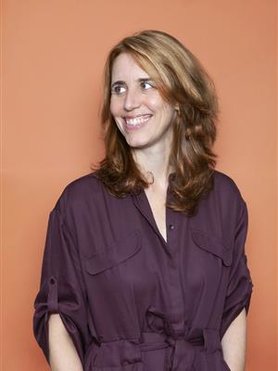

J.A.C. (Judith) Rietjens
J.A.C. (Judith) Rietjens
Contact
Publicaties
-
2023
Consensus definition of advance care planning in dementia
A 33-country Delphi study
Jenny T. van der Steen / Miharu Nakanishi / Lieve Van den Block / Paola Di Giulio / Silvia Gonella / Jürgen in der Schmitten / Rebecca L. Sudore / Karen Harrison Dening / Judith A.C. Rietjens / More Authors -
2023
Experiences and perceptions of continuous deep sedation
An interview study among Dutch patients and relatives
Louise Annemoon Jonker / Madelon T. Heijltjes / Judith A.C. Rietjens / Agnes van der Heide / Geeske Hendriksen / Johannes J.M. van Delden / Ghislaine J.M.W. van Thiel -
2023
Metro Mapping
development of an innovative methodology to co-design care paths to support shared decision making in oncology
Anne Stiggelbout / Ingeborg Griffioen / Jasper Brands / Marijke Melles / Judith Rietjens / Marleen Kunneman / Marion Van Der Kolk / Casper Van Eijck / Dirk Snelders -
2023
MetroMapping
Development of a methodology to redesign care paths to support Shared Decision Making
I.P.M. Griffioen-Van Dijk / M. Melles / J.A.C. Rietjens / Marion Van der Kolk / H.M.J.J. Snelders / Anne Stiggelbout -
2023
Supportive interventions for family caregivers of patients with advanced cancer
A systematic review
Yvonne N. Becqué / Maaike van der Wel / Muzeyyen Aktan-Arslan / Anne Geert van Driel / Judith A.C. Rietjens / Agnes van der Heide / Erica Witkamp -
Nevenwerkzaamheden
-
2022-09-01 - 2024-09-02
Advisering/onderzoek en overig
-
2022-09-01 - 2024-09-02
Advisering/onderzoek en overig